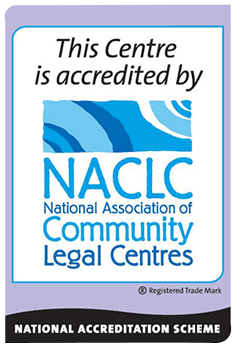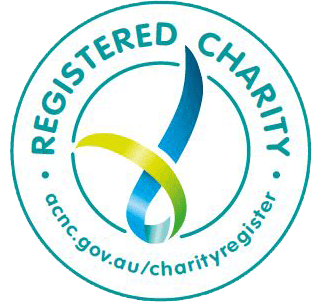
Separation can be a stressful time. Every month, we help hundreds of people from all over Western Australia access the information and advice they need to know when they separate. This page is designed to answer our most frequently asked questions about divorce. Please note that you can eLodge your divorce application using the eCourts Portal. Further information on eLodgment can be found on the Family Court of WA website or on our fact sheet about eLodging court documents.
You may also need to think about children’s matters and property if they apply to you.
A divorce application is an application made to the Family Court of Western Australia to finalise the end of a marriage that’s broken down irretrievably (beyond repair) with no possibility of reconciliation (getting back together).
You and your spouse can apply for divorce together (a joint application) or you can apply by yourself (a sole application).
There’s only one ground for divorce: that your marriage has broken down irretrievably and you’re unlikely to reconcile and you have been separated for one year and one day..
The only proof the Family Court needs is that you and your spouse have separated, you’ve lived separately and apart for a continuous period of 12 months and one day immediately before the date of filing the application, and there’s no chance you’ll reconcile.
Yes, it can be taken into account in certain circumstances. You should get legal advice if this applies to you.
In Australian divorce law, a marriage of fewer than two years is called a “short marriage”. The two year period is calculated from the date of your marriage to the date of your application for divorce. If you had a short marriage, then before you can apply for divorce you’re required to attend counselling with your former spouse to discuss if there’s any possibility of reconciling. Your counsellor must be a professional who’s able to issue an Attendance at Counselling Certificate. The Court needs this certificate before it will grant you a divorce.
If you can’t attend counselling, you have to file an affidavit seeking the Court’s permission to apply for a divorce. In your affidavit you need to explain:
Both of you have to complete Form 3. Refer to our fact sheet on eLodgment of court documents. You and your spouse have to appear before a Justice of the Peace and swear that all of the information you’ve provided is true. You can have Form 3 witnessed together or separately. Refer to our fact sheet on eLodgment of court documents. You then need to scan and upload the documents following the prompts.
Yes, you can, but it’s not advisable if you think that your spouse might not complete and return the Form 6.
You need to complete the Family Court’s Form 3 – Application for Divorce.
You only have to attend court if:
The Court needs to be satisfied that your children are spending time with the parent they’re not living with.
If there aren’t any issues with serving the documents on your spouse, then your divorce will be finalised one month and one day after the court date specified on your Form 3. The Court will issue a Certificate of Divorce Absolute to you. It’s only once you have this certificate that you are free to re-marry.
Yes, you can. The only objection is if parties have not been separated for one year and one day before filing the application. You need to complete Form 3A.
You can file Form 2 and an affidavit. The other option is to attend court on the date listed and make a verbal submission to the court rectifying the errors.
You can find them at the Family Court of WA’s website and each form is linked below:
Forms 3 and 3A are available through the eCourts portal.
If you’re separated and need to get divorced, it’s a good idea to make an appointment to get some legal advice.
You can download a divorce kit or eLodge an application for divorce from the eCourts Portal website. You can find more information about eLodgment on our fact sheet about eLodgment of court documents.
Depending on your circumstances, you may also need to think about property and children’s matters.
Mission: To connect people with information and services so they can make independent and informed decisions.


Disclaimer for our website: This website is presented by the Citizens Advice Bureau (CAB) for the purpose of disseminating information free of charge for the benefit of the public. CAB monitors the quality of the information available on this website and updates the information regularly. However, CAB does not guarantee, and accepts no legal liability whatsoever arising from, or connected to, the accuracy, reliability, currency or completeness of any material contained on this website or on any linked site. CAB recommends that users exercise their own skill and care with respect to their use of this website and that users carefully evaluate the accuracy, currency, completeness and relevance of the material on the website for their purposes. This website is not a substitute for independent professional advice and users should obtain any appropriate professional advice relevant to their particular circumstances.
* The Citizens Advice Bureau does not accept responsibility for any inaccuracies in the translation.
The Citizens Advice Bureau of WA acknowledges the traditional custodians of this incredible land on which our offices are located. We pay our respects to elders past, present and emerging, and hope for a future that is kind, fair and has meaningful reconciliation.